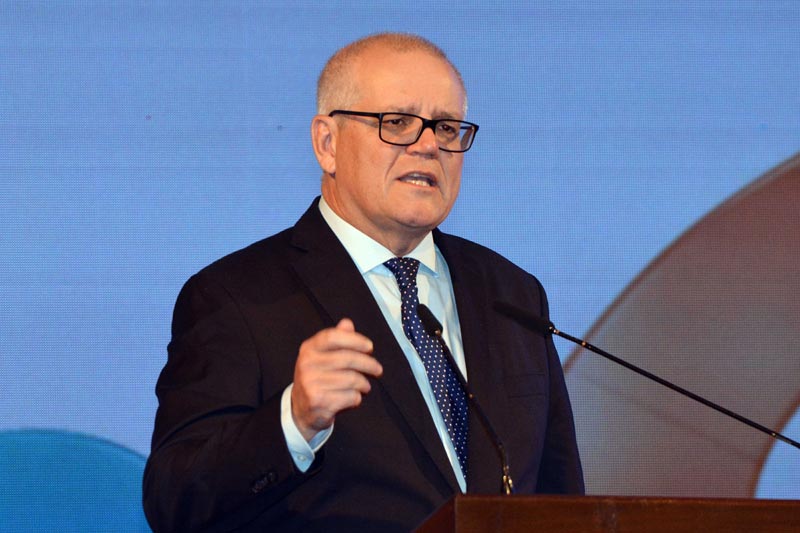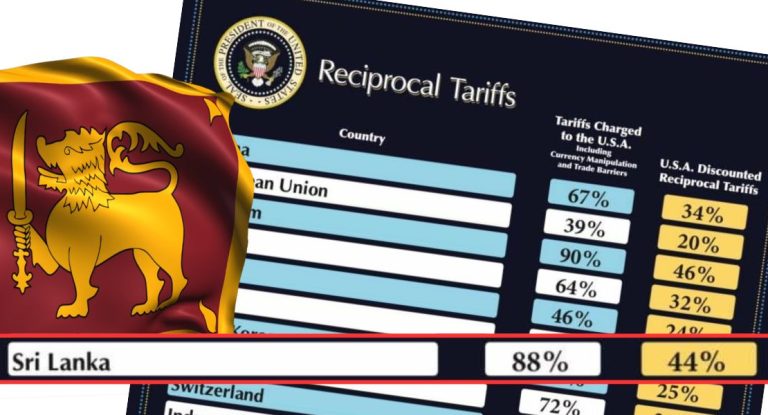Australia’s former Prime Minister Scott Morrison emphasized three key elements—priorities, plans, and partnerships—that have enabled Sri Lanka’s recent successes and will shape its future during his address at the Human Capital Summit. The event, held at Temple Trees and inaugurated by President Ranil Wickremesinghe, drew around 600 participants and featured over 60 global and local experts, including Morrison.
Morrison commended President Wickremesinghe for his leadership during one of Sri Lanka’s most challenging times, stating, “First things first should drive the most immediate attention.” He praised the resilience of the Sri Lankan people and the President’s efforts in stabilizing the economy during the recent crisis, emphasizing the importance of a stable environment for retaining talent and fostering business growth within the country.
Highlighting the path forward, Morrison stressed the need for Sri Lanka to continue on its trajectory of stabilization, fiscal repair, and revenue reforms. He outlined several critical areas for focus, including debt restructuring, strengthening financial institutions, ensuring the independence of the Central Bank, reforming state-owned enterprises, and improving transparency and anti-corruption measures. He noted that these efforts are vital for restoring confidence among foreign investors and international institutions, which are essential for the country’s economic recovery and future growth.
Morrison also underscored the importance of a robust economic plan, advocating for an export-oriented economy. He pointed out that Sri Lanka’s limited domestic market necessitates opening up and fostering partnerships with friendly countries to expand its economic reach. Drawing parallels with other nations that have successfully transitioned to export-focused economies, he urged Sri Lanka to think beyond its borders and leverage its strengths to attract foreign investments.
Moreover, Morrison emphasized the need for Sri Lanka to become a capital-friendly economy, highlighting the significance of policy and legal certainty, the rule of law, clear property rights, timely legal processes, and transparent permit approvals. He called for continued improvements in infrastructure, energy security, and digital connectivity, noting that these elements are crucial for creating a conducive environment for private sector investment.
In terms of partnerships, Morrison shared three ideas. Firstly, he stressed the need for competitive vocational education and training, drawing from successful models in Australia, Japan, and Vietnam. Secondly, he advocated for closer economic ties with India, similar to the strong relationship between Australia and New Zealand. Finally, he emphasized the importance of leveraging development partners like Australia and fostering regional cooperation to drive economic growth and innovation.
Morrison concluded by urging Sri Lanka to focus on stabilizing its financial system and building an innovative, export-oriented economy. He encouraged the country to harness its partnerships and resources to create a prosperous future for its people.







